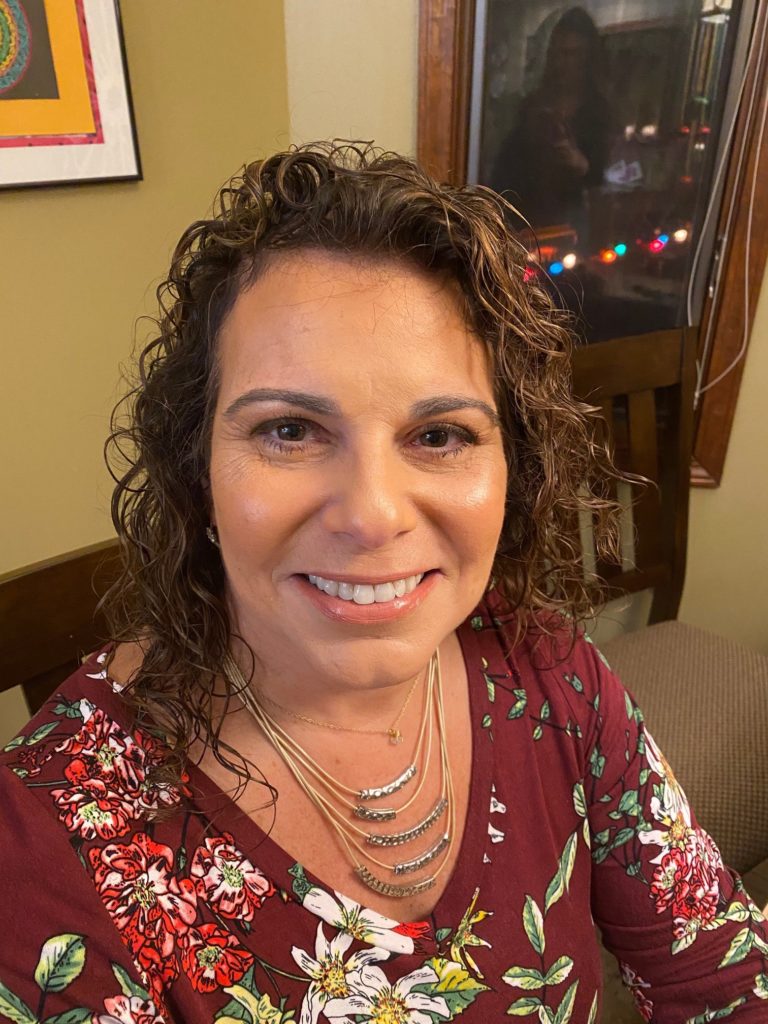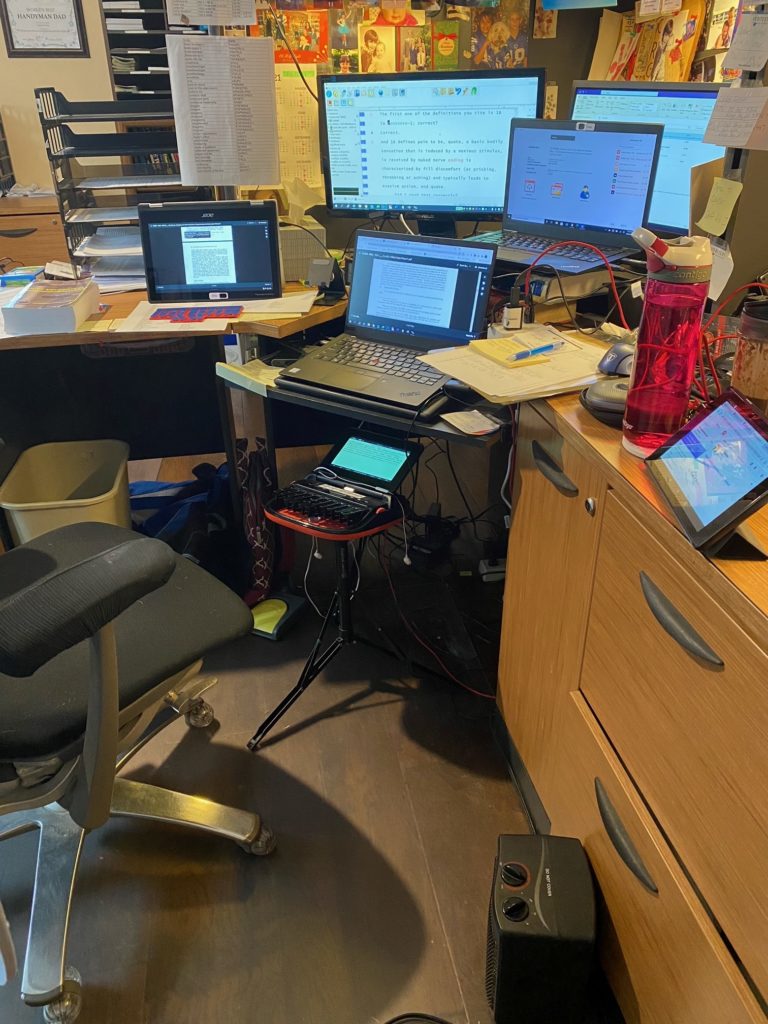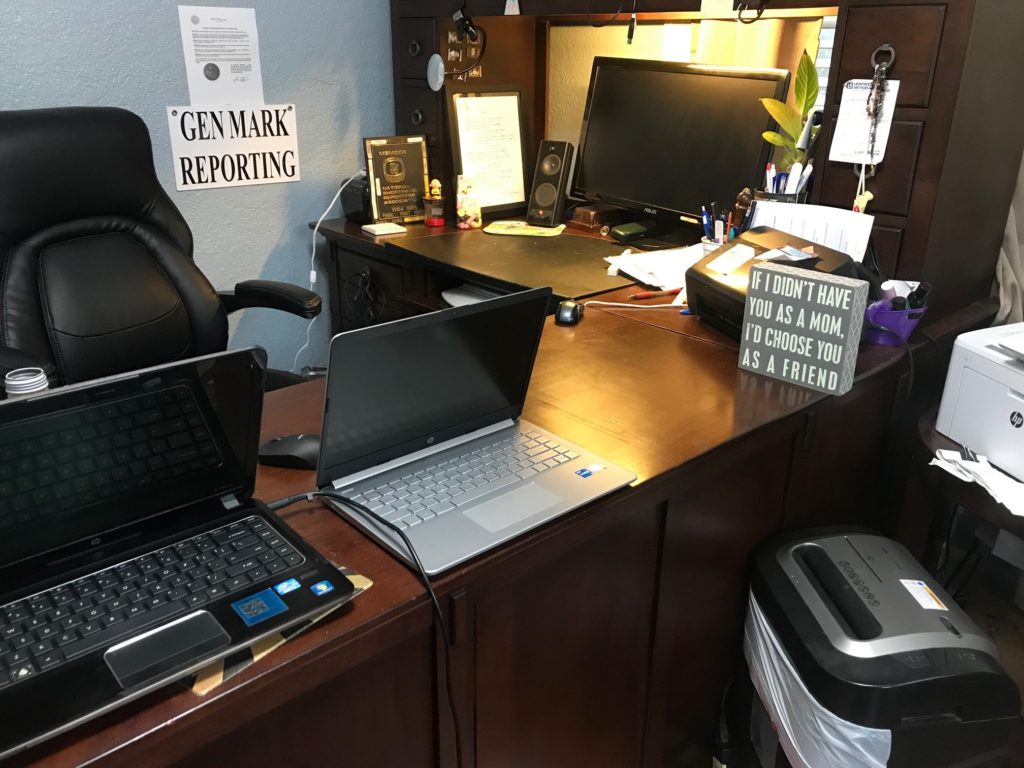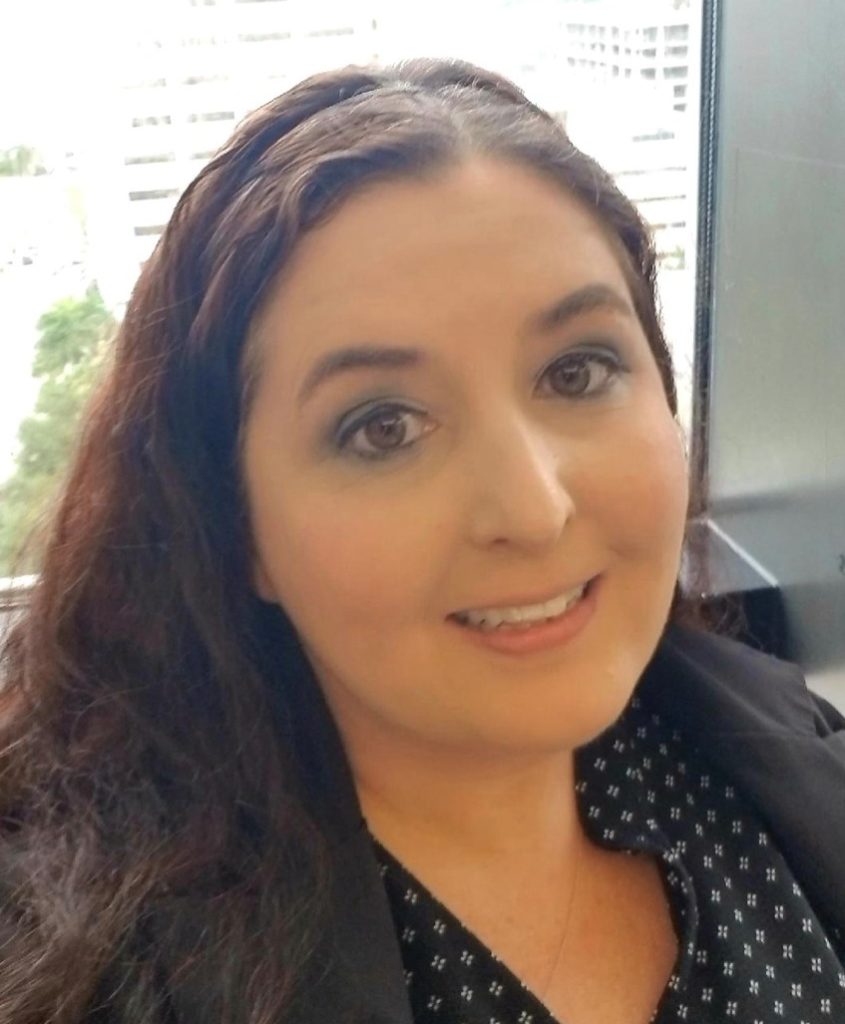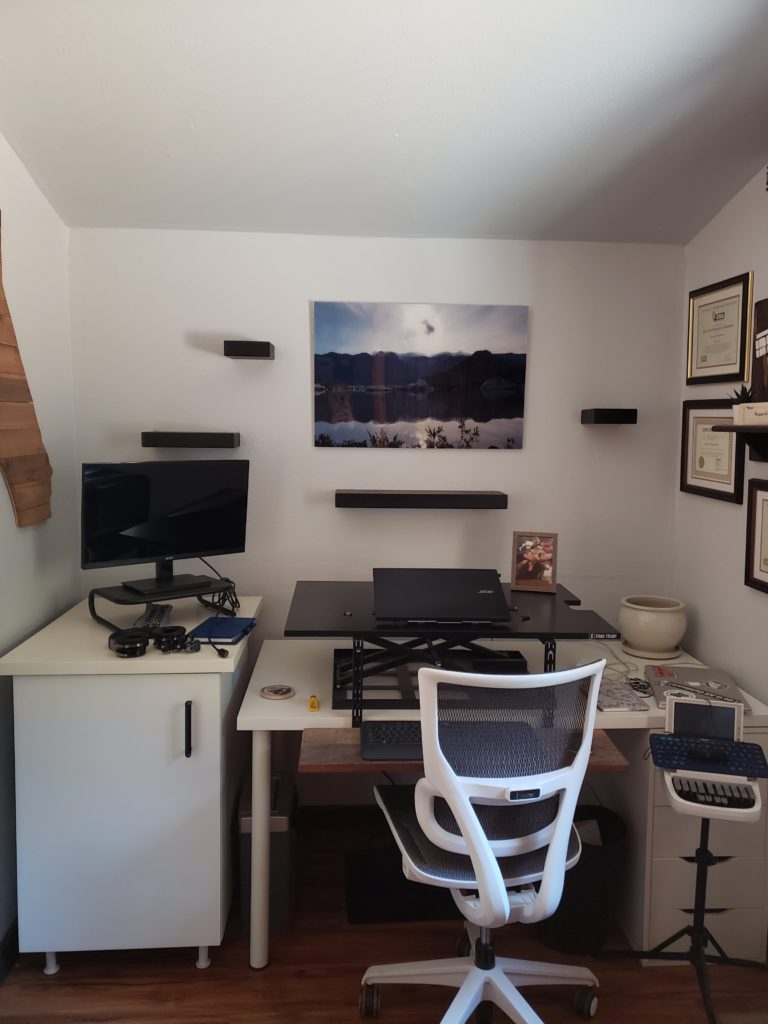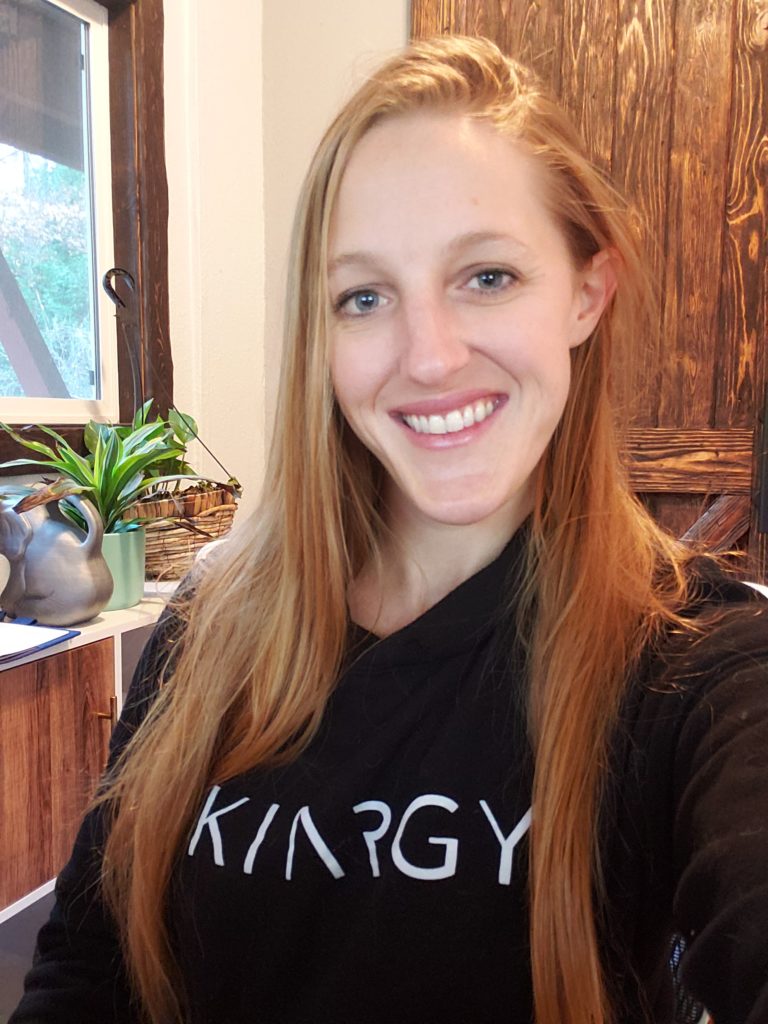Responses to a JCR Weekly poll question: How do you handle your time management?
- 46.1% — Although my schedule changes daily, I try to keep an overall balance.
- 16.4% — I do not have a plan, but I wish I did.
- 15.1% — I keep a regular schedule.
- 8.9% — A time management plan is not important to me.
- 7.6% — I find that time management is more important since I am working at home more.
- 5.9% — I practice a time management technique such as Pomodoro or time blocking.
Many court reporters and captioners have found a need to change their time management plans since the COVID-19 pandemic hit last March.
Barbara Niles, a freelance reporter in Pomona, Calif., said that commuting used to eat up two to five hours of her time because she works in the Los Angeles Metropolitan area.
“I would get so frustrated!” she said. “I prayed a few times to ask God for some ideas on how to better make use of this wasted time. I tried the train to see if I could scope work during the commute, but it wasn’t always practical. Ultimately, I used public transportation in all its colorful varieties from August 2016 to Feb. 13, 2020.”
Niles said that since COVID has decreased the need for commuting, “I believe I am like that ill-prepared little kid who prays for snow on the eve prior to the day of the exam … and wakes up to snow! So do I ‘play in the snow,’ or do I ‘study for the test’?”
Pre-COVID, Niles said she worked 60 percent at home; now it’s probably 98 percent. She said she is grateful for the Internet, which makes earning a living still possible.
“I was so impressed and proud of how our industry put together a plan,” Niles said. “We made a plan! We taught each other! Isn’t that amazing? We then taught our attorneys and helped them.”
Jennifer Melius, RPR, a freelance reporter in Longmont, Colo., manages her time using timers.
“If it’s a transcript edit day, I usually set my timer for one hour, and I focus only on editing during that hour,” Melius said. “I try not to look at emails or messages. After the hour is done, then I’ll spend 15 minutes reading emails and messages or just taking a break before I start my next hour of focused editing. If it’s a day with a lot of things on my to-do list, I’ll block out my time for the day first thing in the morning so I know what I need to be working on at specific times of the day to stay on track.”
Melius said she feels she gets more done and feels more accomplished when she has a plan. The plan helps her keep a routine and a structure to her day, “especially now that I’m working from home almost exclusively and have all kinds of other things around the house that could distract me from work during the day.”
Janine Ferren, RPR, CRR, a freelance reporter in Fishers, Ind., said she works great under time pressure.
“If I have a deadline, I’m extremely efficient and make the best use of my time,” Ferren said. “If it’s just a regular day where I’m trying to get pages done, I tend to distract myself and end up wasting too much time. I don’t want to feel like I’m under pressure all the time, but I wish I could make better use of my time on a regular basis. That way I would be able to fit in things outside of work, like a regular exercise routine.”
The pandemic has caused her to focus more on the need for better time management.
“I recently joined a practice group and have added time to my daily schedule to practice,” Ferren said. “I see the difference it is making in my writing ability and also the fact that I now look forward to my practice period every day.”
Ferren knows how important a schedule can be to staying productive.
“Back when I was a young pup, I was a full-time college student and I went to court reporting school two nights a week at the same time,” she said. “I held down three part-time jobs, and I was dating my husband. I graduated with a bachelor’s degree in music and reported my first deposition two weeks later. How did I successfully accomplish all that? One word: Schedule. I had a definite schedule of where I needed to be every day, and I was able to accomplish all the things I needed to do.”
Lois Simonds, RPR, is a freelance reporter in Orlando, Fla., who is also finding a need to change how she works now.
“I think as an agency owner and stenographic reporter that time management is very essential,” Simonds said. “I seem to put in more hours than pre-COVID. It is so easy to just cover as many jobs as you can. Transcripts are another thing when you take too many jobs though. I am 99.999 percent working from my office.”
Simonds said keeping current with technology helps.
“Working is less stressful in terms of getting to the jobs, but all the work in videoconferencing was a real pain in the neck at first,” Simonds said. “Now I am pretty darn good at it. I still do and will always rely on my IT guru for help and assistance though. He’s my son! I thank him for always being there for me. I don’t think I would have made it through this without him.”
Angela Connolly, RPR, CRR, a freelance reporter in Port St. Lucie, Fla., has also found that being busier has led to more of a need for time management.
“Since most of my jobs are by Zoom these days, my schedule has allowed me to cover more work now that I don’t have to worry about travel time,” Connolly said. “I’ve become busier, and this is why I wish I had a time management plan in place. As long as my workload continues to increase, I am considering hiring a scopist and proofreader to help me continue to meet my deadlines.”
Rachel Barkume, RPR, CRR, a freelance reporter and CART captioner in Alta, Calif., has found a time management technique that works for her.
“I’ve been using a technique called the 52/17 method,” Barkume said. “You set a timer to work for 52 minutes and then take a 17-minute break. Over the summer, after Allie Hall’s class at NCRA Connect, I tried her suggested method of 50 minutes on, 10 minutes off. I just found that the 10-minute break wasn’t quite long enough for me, and I’d always overextend it.” (Allison Hall, RDR, CRR, is an official in Tulsa, Okla.)
Then Barkume saw an article in the December issue of JCR Weekly by Lauren Lawrence, RPR, a freelancer in Kansas City, Mo., about productivity tips.
“She’s insanely productive, so I wanted to see what she had to offer,” Barkume said. “She mentioned the Pomodoro method, which appears to be similar to what Allie suggested, but then she mentioned that if that wasn’t your style, try the 52/17. I tried it the very next time I started editing and found that it was my perfect fit.”
A 52/17 timer works better for Barkume.
“I find that I’m able to hang on for at least 52 minutes without going to my phone for distractions (pointing at you, Instagram),” she said. “I also found that if I don’t set my timer, I am far more likely to grab my phone and start scrolling. If I go to open my phone and see the timer first thing on the screen, it’s a great backstop to bounce me back into my work instead of checking emails, texts, and socials.
“Because of the weirdly specific time frames, I find myself more attracted to it,” she said. “The other style just feels too regimented. It sounds silly, but I’m just drawn to that 17-minute time frame. Just long enough to feel like I’m taking a good break, but always gets me back in the chair and back to editing.”
Barkume said she knows this is specific to editing transcripts.
“I find that on the days that I don’t use this method, I might be able to get one transcript done, if that, but I don’t feel good afterward,” she said. “I feel drained and unaccomplished. When I use this method, I feel like I get more transcript pages completed, I’m physically on a higher frequency in terms of feeling good in my body and my brain, and I feel better about taking time for other things I enjoy the remainder of my day. Keeping yourself focused when you need to offers freedom to enjoy your life fully!”

